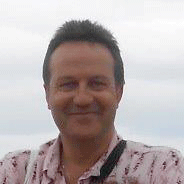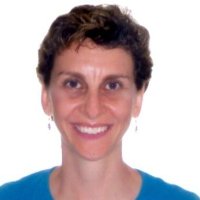 After submitting a long comment as a reply to Aly Miehlbradt’s post, I could win Daniel Ticehurst to instead write another guest post. Daniel’s perspective on the DCED Standard nicely contrasts with the one put forward by Aly and I invite you all to contribute with your own experiences to the discussion. This was not originally planned as a debate with multiple guest posts, but we all adapt to changing circumstances, right?
After submitting a long comment as a reply to Aly Miehlbradt’s post, I could win Daniel Ticehurst to instead write another guest post. Daniel’s perspective on the DCED Standard nicely contrasts with the one put forward by Aly and I invite you all to contribute with your own experiences to the discussion. This was not originally planned as a debate with multiple guest posts, but we all adapt to changing circumstances, right?
Dear Marcus and Aly, many thanks for the interesting blog posts on monitoring and results measurement, the DCED standard and what it says relating to the recent Synthesis on Monitoring and Measuring changes in market systems.

 This is a guest post by Aly Miehlbradt. Aly is sharing her thoughts and experiences on monitoring and results measurement in market systems development projects. She highlights the Donor Committee for Enterprise Development (DCED)
This is a guest post by Aly Miehlbradt. Aly is sharing her thoughts and experiences on monitoring and results measurement in market systems development projects. She highlights the Donor Committee for Enterprise Development (DCED)